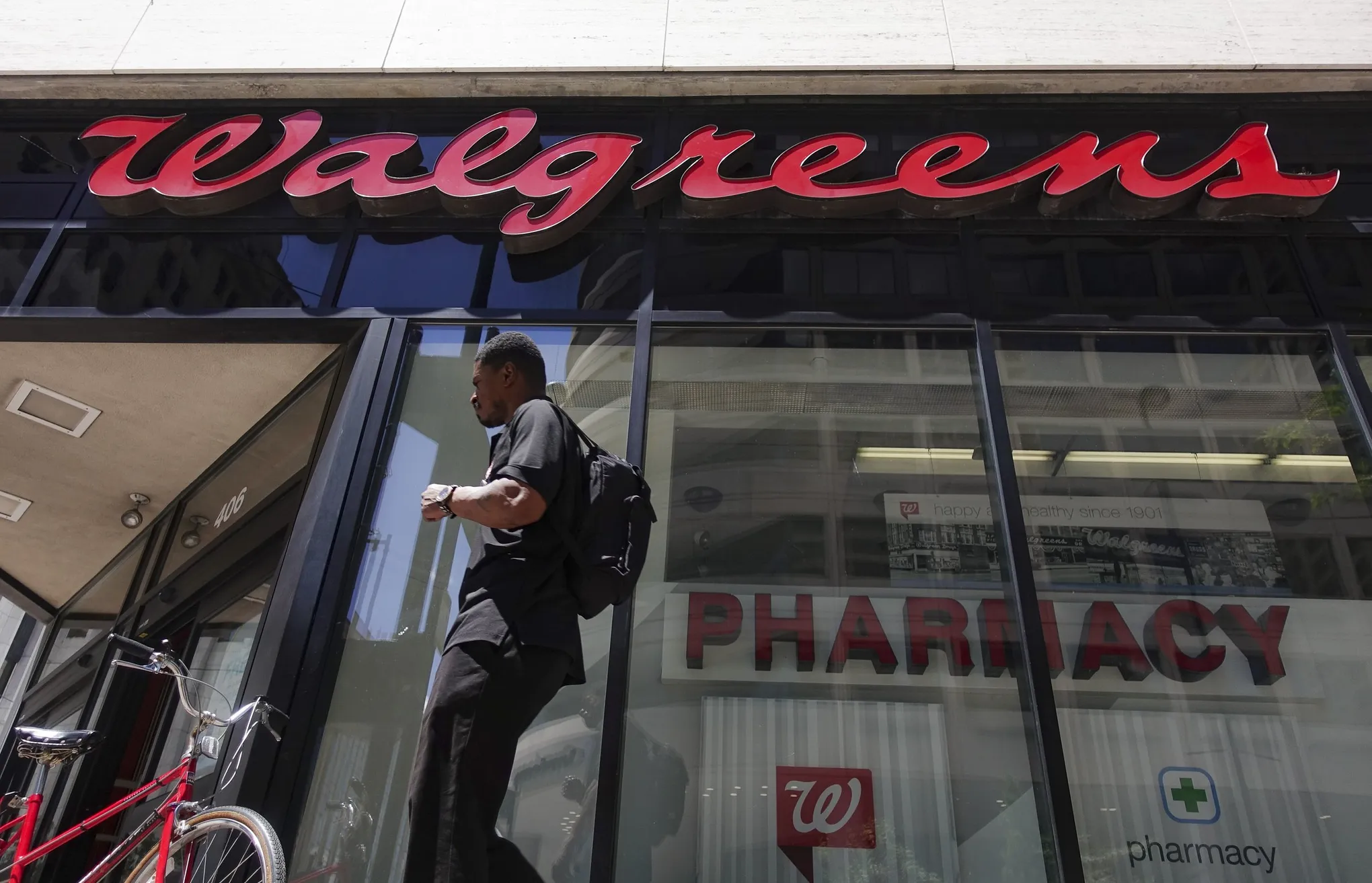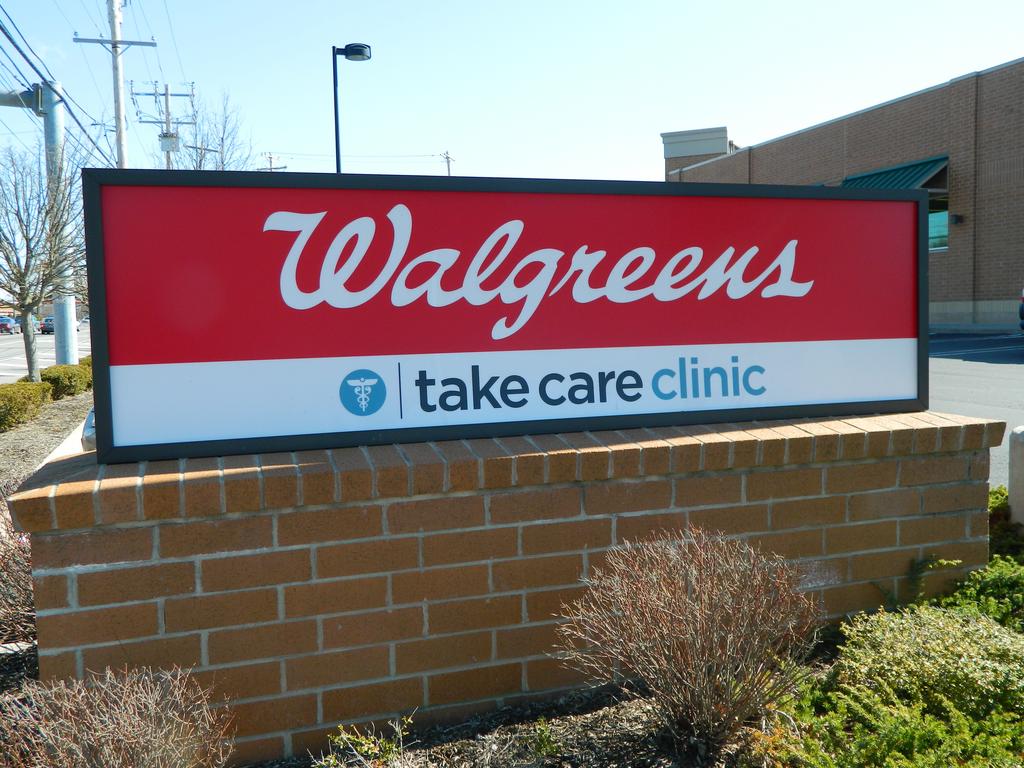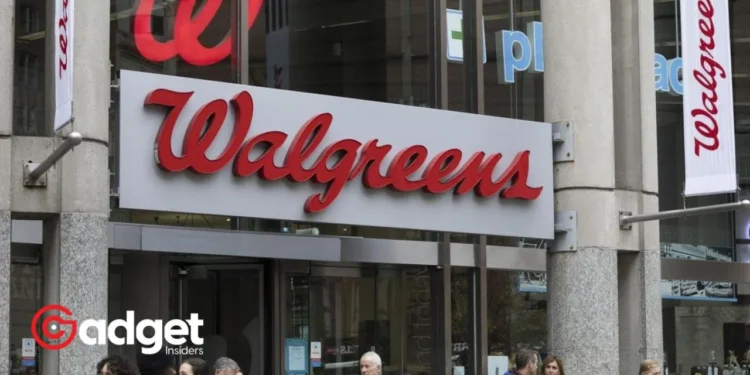In an era where the boundaries between retail and healthcare services are increasingly blurring, major players like Walgreens are making bold moves to navigate the competitive terrain. The recent announcement from Walgreens about closing 160 of its VillageMD locations marks a significant shift in strategy for the retail pharmacy giant, underscoring the challenges and transformations within the sector.
Navigating the Retail-Healthcare Convergence
The convergence of retail and healthcare has been a defining trend of the 21st century, with major retailers broadening their offerings to include a range of healthcare services.
From in-store pharmacies at big box stores to the integration of mini-stores by brands like Ulta and Sephora within larger retail spaces, the landscape is evolving. Amazon’s foray into brick-and-mortar spaces, transforming Whole Foods stores into multi-functional retail hubs, further exemplifies this trend.

Pharmacies, traditionally seen as mere points of sale for prescription medications, have expanded their role to become comprehensive healthcare hubs. This evolution reflects a consumer preference for convenience and accessibility, leading to a model where pharmacies offer a plethora of services beyond medication dispensing.
Walgreens’ Strategic Response
Walgreens, in its quest to remain at the forefront of this transformation, ventured into this expanded role through its majority-owned Village MD. The initiative aimed to provide an array of primary care services, both in-person and virtual, aligning with the broader industry move towards integrated healthcare solutions.
This move mirrored CVS’s addition of MinuteClinic services, emphasizing the pharmacy sector’s pivot towards becoming a one-stop solution for a range of health and wellness needs.

However, the ambitious expansion has not been without its challenges. The company’s CEO, Tim Wentworth, highlighted the necessity of consolidating underperforming VillageMD locations to enhance profitability. This strategic decision reflects a broader industry trend towards optimizing operational efficiencies and focusing on high-opportunity markets.
Walgreens shuttering 160 key business locations https://t.co/UeZfYVRn6C
— TheStreet (@TheStreet) April 1, 2024
The Future of Retail Healthcare
The consolidation of VillageMD locations by Walgreens is more than a mere operational tweak; it represents a pivotal moment in the retail healthcare industry. As companies like Walgreens reassess their strategies to navigate the complexities of integrating healthcare services within retail spaces, the focus shifts toward creating more sustainable and profitable models.
The actions taken by Walgreens signal a commitment to refining its approach to healthcare retail, emphasizing the importance of adaptability in an ever-evolving market landscape.
As the industry continues to evolve, the success of retail healthcare ventures will likely hinge on the ability to balance expansion with operational efficiency, ensuring that services meet the changing needs of consumers while maintaining financial viability.
Walgreens’ recent moves may well set the precedent for how retail healthcare entities navigate the intricacies of this dynamic sector.

Walgreens’ strategic decision to close certain VillageMD locations underscores the complexities and opportunities within the retail healthcare market. As the industry moves forward, the lessons learned from such adjustments will undoubtedly shape the future strategies of companies looking to make their mark in this integrated space.
The evolution of retail healthcare is ongoing, and Walgreens’ actions today may illuminate the path for the pharmacies of tomorrow.










